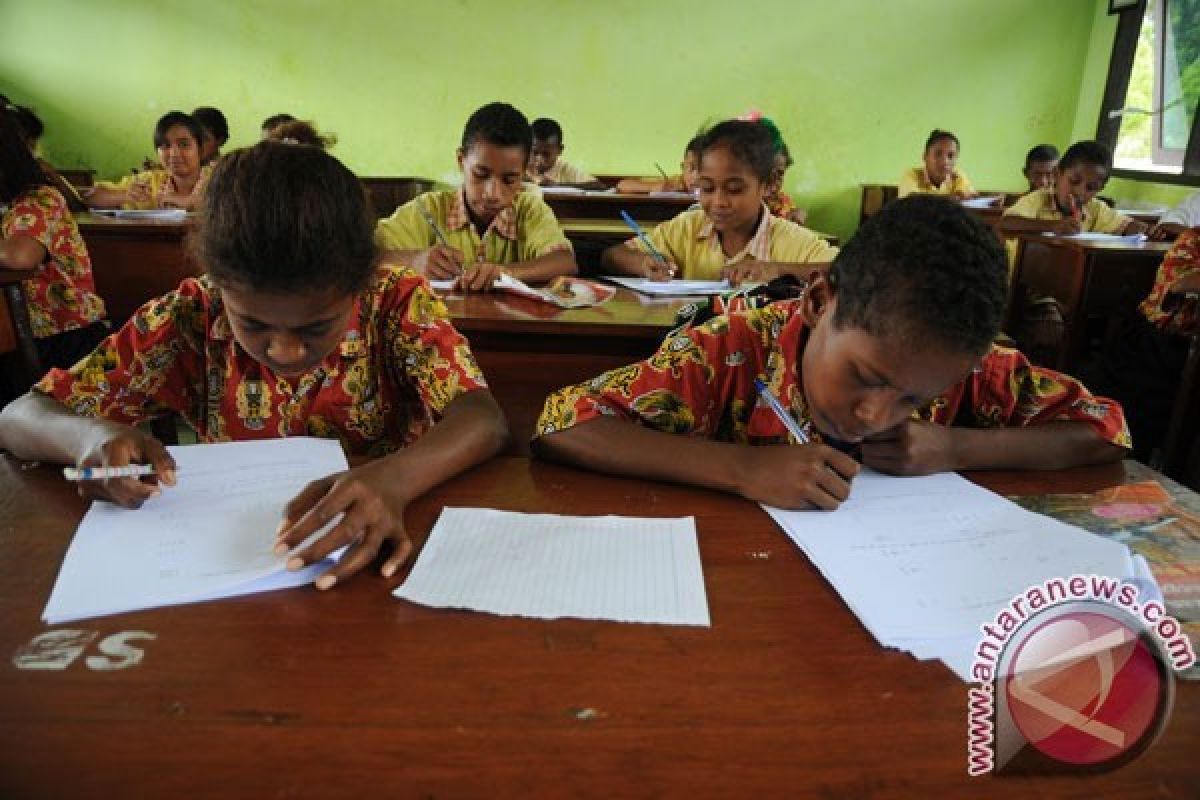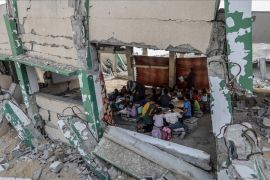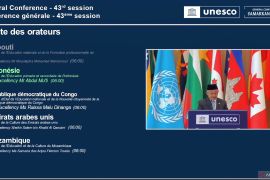The highest rate was reported in Sub-Saharan Africa and Central and Southern Asia, the report said.
Warning about a "learning crisis," the UIS found that more than 387 million children of primary school age and 230 million adolescents of lower secondary school age did not have the minimum proficiency levels in reading and maths.
According to the report, two-thirds of kids at primary school and more than half of those at the lower secondary school level were not able to meet minimum proficiency levels in reading, despite being in the classroom.
The UIS attributed these figures to lack of access, with children who are out of school having little or no chance to reach a minimum level of proficiency, in addition to the failure to retain every child in school and keep them on track. The quality of education was also a factor.
"The figures are staggering, both in terms of the waste of human potential and the prospects of achieving sustainable development," says UIS director Silvia Montoya.
"These new data are a wake-up call for far greater investment in the quality of education," she added, arguing that many of the children "are not hidden or isolated from their governments and communities -- they are sitting in classrooms with their own aspirations and potential."
(U.C003)
Editor: Ida Nurcahyani
Copyright © ANTARA 2017












